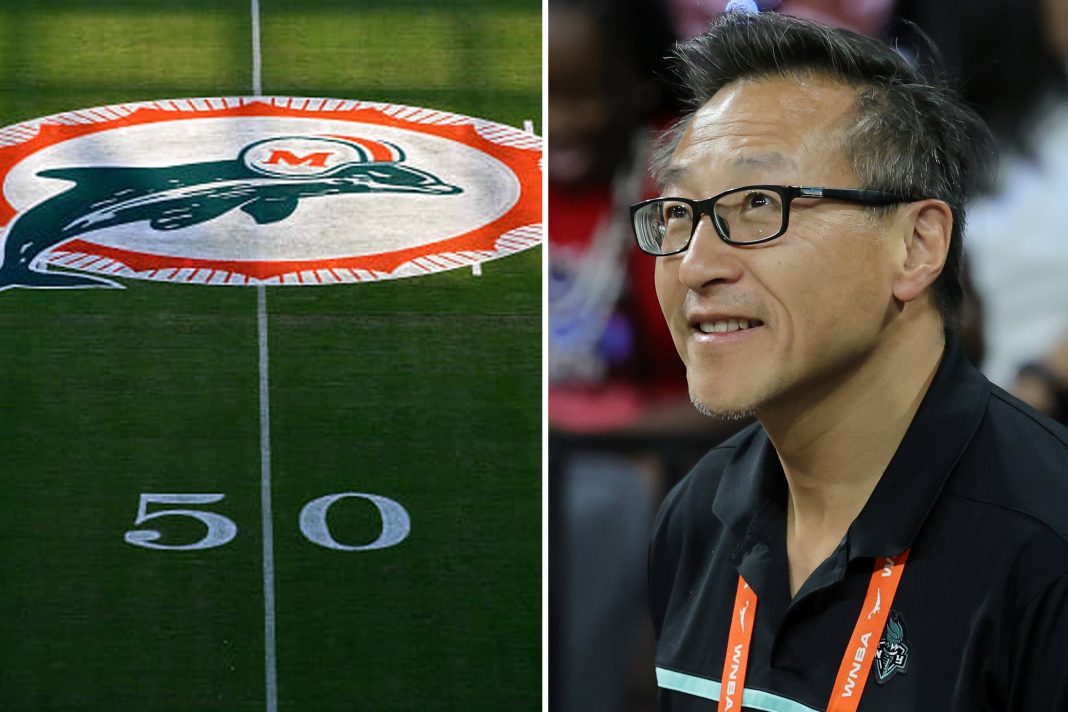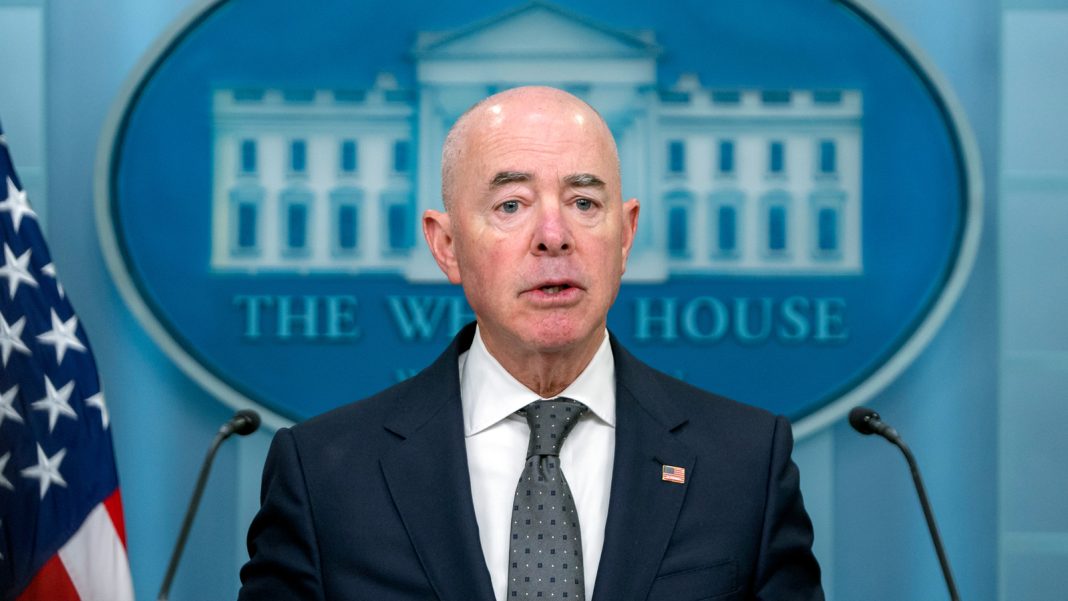In the ever-evolving landscape of professional sports, the Miami Dolphins are making headlines with their plans to sell a minority stake in the team to Ares Management, a prominent private equity firm, and billionaire Joe Tsai. This move not only showcases the financial dynamics of the NFL but also reflects a broader trend among team owners who are increasingly looking to diversify their investments within the sports sector.
The proposed deal, valued at an impressive $8.1 billion, encompasses not just the Dolphins but also the operating rights to Hard Rock Stadium, the Miami Grand Prix Formula One race, and nearly half of the Miami Open tennis tournament. This multifaceted approach to ownership highlights a strategic pivot aimed at maximizing revenue streams. By controlling both the team and the venues that host major events, owners can capitalize on a variety of revenue sources, from ticket sales to corporate sponsorships and hospitality packages.
This potential transaction is particularly noteworthy as it marks the first significant private equity investment in the NFL since the league revised its financing regulations in August. Prior to this change, the NFL had been reticent to open its doors to private equity, but with valuations skyrocketing—CNBC estimates the Dolphins to be the league’s eighth most valuable team at $7.1 billion excluding stadium assets—owners are beginning to embrace new investment avenues. This shift comes at a time when many owners, like Stephen Ross, who purchased the Dolphins for $1.1 billion in 2009, are exploring innovative ways to enhance their portfolios. Ross is reportedly considering using the proceeds from this sale to expand his investments in South Florida real estate and to further integrate his sports ventures.
The specifics of the deal indicate Ares Management is poised to acquire a 10% stake in the Dolphins, while Tsai, who is also the owner of the Brooklyn Nets, is in discussions to purchase an additional 3%. While these negotiations are still in the early stages—with no agreements signed and no defined timeline—there is significant interest in how this partnership could reshape the financial landscape of the Dolphins and their associated assets.
Ross’s recent decision to decline a record $10 billion offer for controlling interest in the team illustrates his commitment to keeping the Dolphins within his family. This underscores a growing sentiment among some team owners to maintain personal control over their franchises, even in the face of lucrative offers.
The NFL’s decision to allow select private equity firms to invest up to 10% in teams signals a critical shift in its approach to financing. As one of the last major sports leagues to permit this type of investment, the NFL is responding to the realities of rising valuations and the challenge of finding new buyers. Ares Management, which oversees $450 billion in assets and was one of only four groups sanctioned by the NFL for investment, stands to benefit significantly from this lucrative entry into the league.
Meanwhile, Joe Tsai’s ascension as a sports mogul is a story worth noting. As the chairperson of Alibaba Group, Tsai has built an extensive portfolio in professional sports, owning not just the Brooklyn Nets and New York Liberty but also the San Diego Seals and co-owning the Las Vegas Desert Dogs—a testament to his strategic vision for a diversified sports empire. This trend of investing across multiple teams and leagues is becoming increasingly common, as it allows owners to leverage their influence and resources across various platforms.
In conclusion, the ongoing negotiations involving the Miami Dolphins encapsulate a transformative moment in the NFL, reflecting broader trends in sports ownership and investment. As team valuations continue to soar and the landscape of sports finance evolves, the implications for fans, players, and the industry at large are profound. The future of the Dolphins—and potentially the NFL—could very well hinge on the outcomes of these discussions, setting a precedent for how franchises are valued and operated in an increasingly competitive market.

